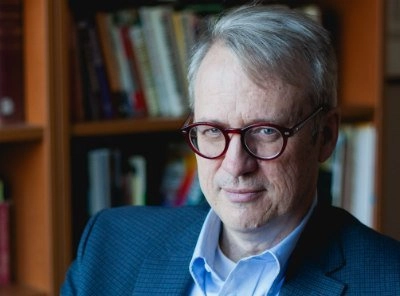In 1950, Gilbert Highet wrote a book called The Art of Teaching. Highet was a well-regarded teacher of classics at Columbia University (a colleague with Jacques Barzun) and he knew very well that the teaching profession was rapidly be transformed into a science by his fellows at the nearby Columbia Teacher’s College. Highet was not at all convinced that teaching was or could be a science. He writes: It seems to me various dangerous to apply the aims and methods of science to human beings as individuals, although a statistical principle can often be used to explain their behavior in large groups and a scientific diagnosis of their physical structure is always valuable. But a “scientific” relationship between human beings is bound to be inadequate and perhaps distorted. Of course it is necessary for any teacher to be orderly in planning his work and precise in his dealing with facts. But that does not make his teaching “scientific.” Teaching involves emotions, which cannot be systematically appraised and employed, and human values, which cannot be systematically appraised and employed, and … which are outside the grasp of science. In this seminar, we will consider Highet’s contention that teaching is an art and contrast it to the scientific, technical approach of so much of modern education. We will consider several reasons why teaching is indeed an art, and explore those ways that science can inform teaching, without swallowing it whole.
Christopher Perrin

Christopher Perrin
Dr. Christopher Perrin is an author, consultant, and speaker who is passionately commi ed to the renewal of the liberal arts tradition. He co-founded and serves full time as the CEO/publisher at Classical Academic Press, a classical education curriculum, media, and consulting company. Christopher serves as a consultant to charter, public, private, and Christian schools across the country. He is the former vice president of The Society for Classical Learning and the director of the Alcuin Fellowship of classical educators. He has published numerous articles and lectures that are widely used throughout the United States and the English-speaking world. Christopher received his BA in history from the University of South Carolina and his MDiv and PhD in apologetics from Westminster Theological Seminary. He was also a special student in literature at St. John’s College in Annapolis. He has taught at Messiah College and Chesapeake Theological Seminary, and served as the founding headmaster of a classical school in Harrisburg, PA, for ten years. He is the author of the books An Introduction to Classical Education: A Guide for Parents (Classical Academic Press, 2004), The Greek Alphabet Code Cracker (Classical Academic Press, 2008), Greek for Children (Classical Academic Press, 2010), and co-author of the “Latin for Children” series published by Classical Academic Press.


